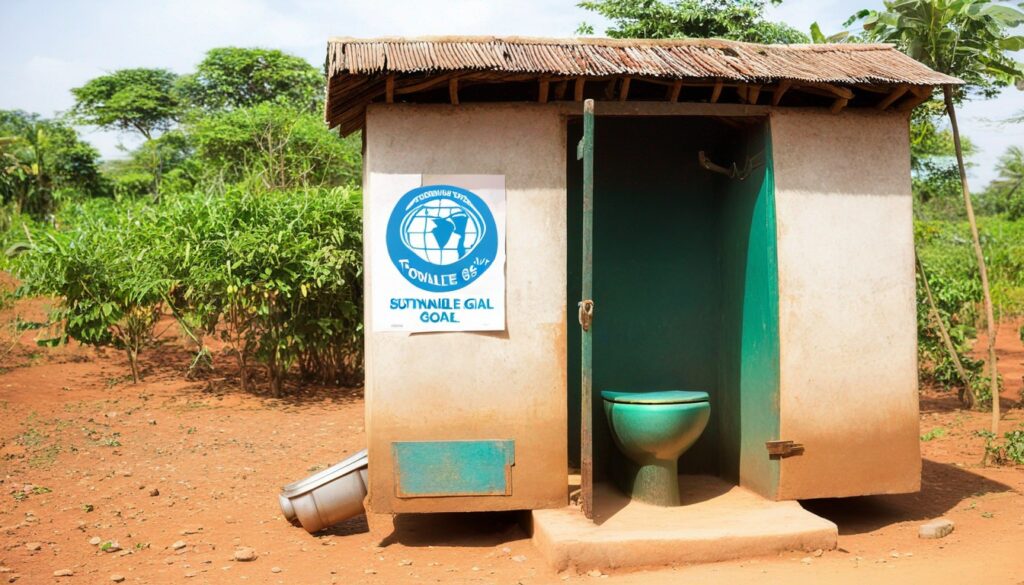
Hospitals are not content sitting back and waiting for the future to come. They are actively looking for solutions that will drive change and innovation. COVID-19 has irreparably changed the industry, leaving administrators to speed up the search for the hospital of the future. That means addressing new avenues to provide healthcare services through telehealth offerings, solving staffing shortages, and adapting to the numerous disruptors to the traditional care model. It all comes down to sustainability, as hospital administrators continue to provide a high level of service and care.
Morrison Healthcare recently hosted a webinar titled “The Hospital of the Future and the Role of Food”, featuring six experts from across the healthcare industry. They shared insight into the challenges and solutions available to hospitals. A powerful message emerged around the impact food can play on the hospital of the future. It’s something Morrison Healthcare has embraced as it addresses wellness strategies for patients and infuses healthy lifestyles into communities across the country.
Within sustainability initiatives, supply chain and environmental impact serve as two key areas for hospital administrators to address.
Hospital of the Future Focusing More on Supply Chain Impact
COVID-19 has led to numerous supply chain challenges for hospitals. From supply shortages to delayed deliveries, hospitals have faced difficulties in providing uninterrupted service. A few of the top issues impacting foodservice supply chain for hospitals are:
- Commercial foodservice remains in recovery mode
- Labor shortages weaken ability to meet delivery needs
- COVID-19 outbreaks at manufacturers and distributors
- Overall volumes are higher than pre-pandemic levels
All of this has led to a 6.2% inflation rate for hospital supply chains.
The hospital of the future will address supply chain challenges with an emphasis on sustainability. That includes recruitment and retention, reduction of SKUs, production automation, technological enhancements, and diversity of supply chain sourcing.
That path to creating a resilient supply chain has been laid out. Now, hospitals must create the processes and structure that will lead to lasting change.
Highlight Sustainability Goals
Our food system accounts for more than a third of global greenhouse gas emissions. That is a horrifying statistic that must be remedied. Hospitals have an opportunity to lead the push for sustainability from an environmental perspective.
There are many areas where hospitals can address environmental sustainability in both the near and long term. This can include:
- Use more seasonal and locally sourced produce
- Increase the proportion of plant-based products in meals
- Educate and inform consumers on how to make choices with sustainability in mind
- Invest in decarbonization projects
- Support farms that utilize sustainable practices, such as hydroponic farming
- Reduce food waste through innovative programs, like Waste Not 2.0
The road to sustainability is not easy. It will take continued investment, but the payoff will be significant, allowing hospitals to create resilient supply chains and long-term solutions that will safeguard their ability to provide lifesaving treatment and wellness programs to patients.
For tips and an in-depth look at how hospitals can build the Hospital of the Future, watch the full recorded webinar.






